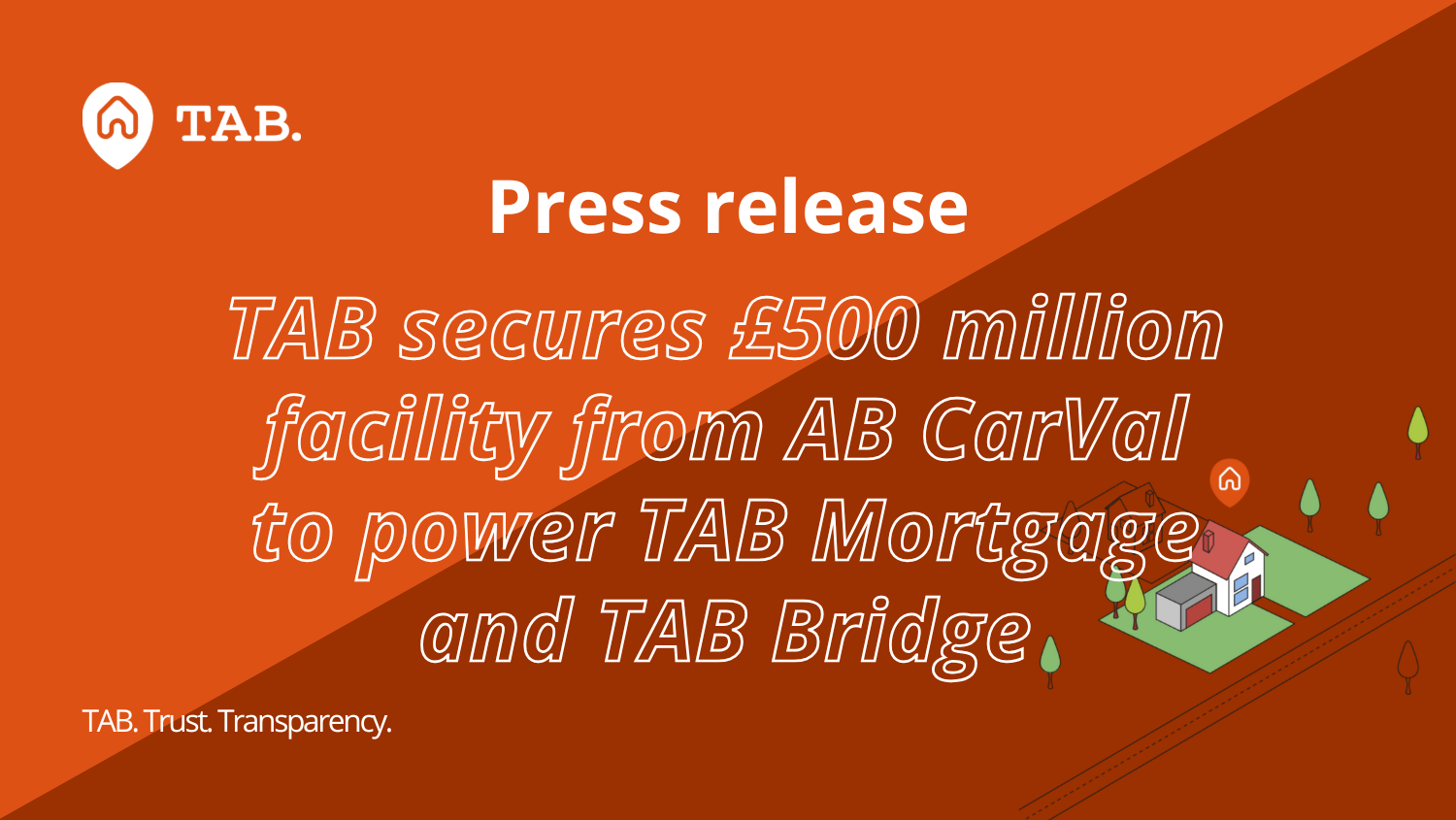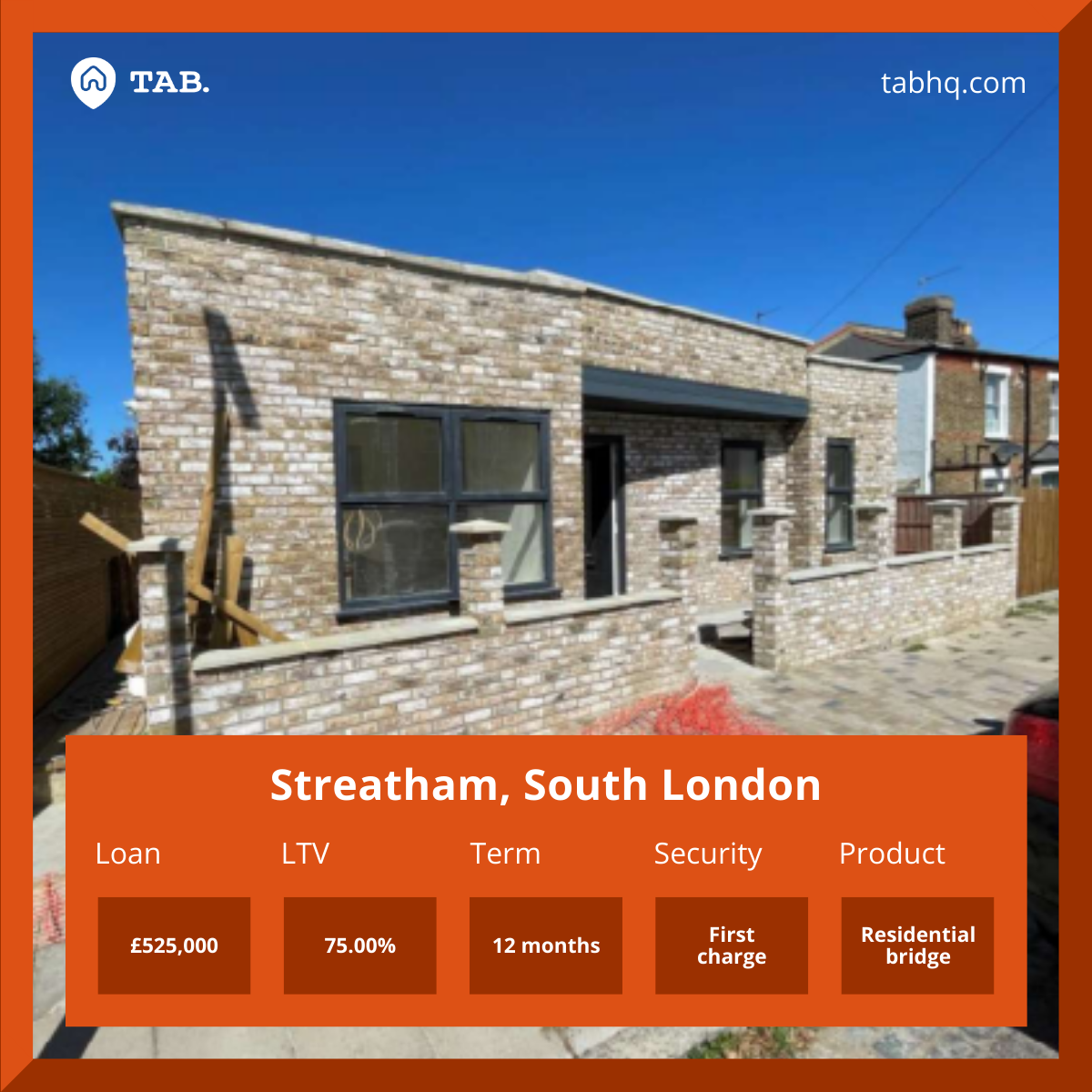Residential bridging loans
TAB’s first charge residential loans are secured against UK residential properties. Our loans are designed to unlock the capital you need. Common uses of first charge loans include the purchase of investment properties, investment property chain breakers, capital raises, completion of refurbishment and refinancing.
TAB lends directly to borrowers or through intermediaries. We offer residential loans of up to 70% of the valuation of your project, including the cost of borrowing. There are no exit fees, and we do not lend against your principal residence. There are other instances TAB might lend a first charge residential loan and our experience means we can be flexible with our valuations and consider projects that more traditional lenders would not. We pride ourselves on trust and transparency.
TAB loans are unregulated. Any property used as security is at risk of repossession if you do not keep up with your payments.
Residential bridging finance product details
Other charges may apply
How it works
Borrower applies
Following an initial enquiry, borrowers apply for a short-term loan through our application process.
Decision made
Our team undertakes their due diligence and underwriting process on the borrower and the security property. Terms are then agreed.
Perfect match
The loan is then matched with investors on the TAB platform. Funds are typically available within just 14 days.






































